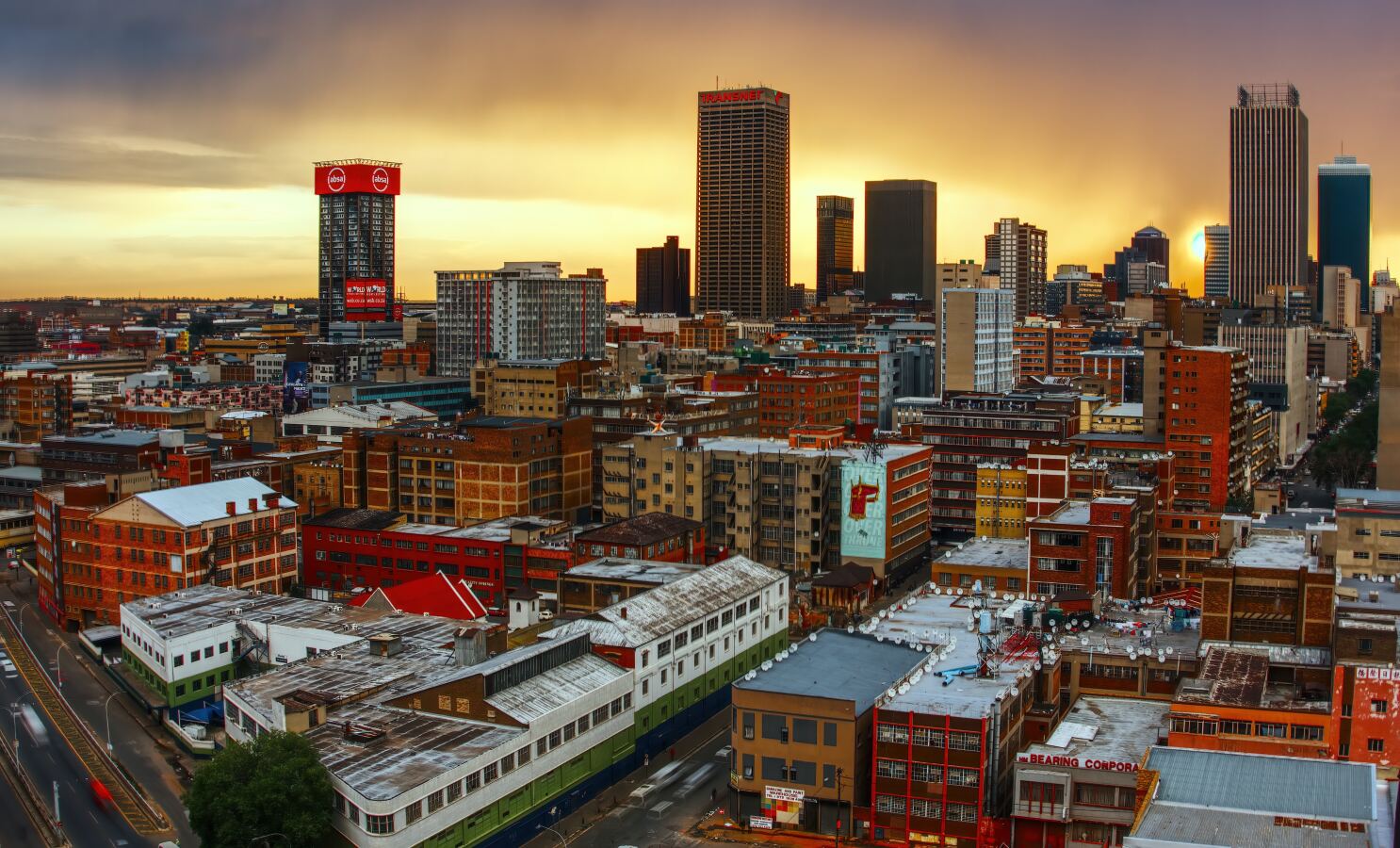Top 10 Most Expensive Cities in Africa for Prime Office Spaces in 2025
By Real Estate Correspondent
Published August 15, 2025
Lagos, Nigeria – As Africa’s commercial hubs continue to attract global corporations and investors, the demand for prime office spaces in key cities has driven rental costs to new heights in 2025. Drawing on data from Knight Frank’s Africa Offices Market Dashboard for the first half of 2025, this article ranks the top 10 most expensive African cities for Grade A office space, measured by average monthly rents per square meter (sqm). Despite economic challenges like inflation and currency depreciation, these cities showcase robust demand for high-quality, ESG-compliant offices in central business districts (CBDs), reflecting a continent-wide flight-to-quality trend.
Top 10 Most Expensive Cities for Prime Office Spaces
- Lagos, Nigeria – $58.30/sqm
Nigeria’s commercial powerhouse leads the list, driven by high demand from oil, finance, and tech sectors. Lagos’s Victoria Island and Ikoyi areas see occupancy rates above 90%, with rents rising 5% from $55.50/sqm in H1 2024 due to limited supply and multinational interest. Source: Nairametrics, web:0 - Nairobi, Kenya – $25.80/sqm
Nairobi’s status as East Africa’s financial hub fuels demand for prime offices in Westlands and Upper Hill. Rents increased 4% from $24.80/sqm in H1 2024, supported by tech startups and diplomatic offices, though uneven digital infrastructure poses challenges. Source: Nairametrics, web:0 - Abuja, Nigeria – $22.10/sqm
Nigeria’s capital sees strong demand from government agencies and NGOs, with Grade A offices in the Central Area commanding a 3% rent hike from $21.50/sqm in H1 2024. High construction costs limit new supply, keeping rates elevated. Source: Nairametrics, web:0 - Cairo, Egypt – $19.40/sqm
Cairo’s office market thrives in New Cairo and Zamalek, driven by finance and real estate conglomerates. Rents rose 6% from $18.30/sqm in H1 2024, despite currency devaluation, reflecting Egypt’s growing role as a North African business hub. Source: Nairametrics, web:0 - Johannesburg, South Africa – $16.90/sqm
The continent’s financial capital, with Sandton as its “richest square mile,” saw a 4% rent increase from $16.30/sqm in H1 2024. Demand from banks and professional services firms sustains high occupancy, though inequality remains a challenge. Source: Nairametrics, web:0 - Cape Town, South Africa – $15.60/sqm
Cape Town’s prime offices in the V&A Waterfront and CBD benefit from tourism and tech growth, with rents up 5% from $14.90/sqm in H1 2024. The city’s lifestyle appeal drives demand for flexible, modern spaces. Source: Nairametrics, web:0 - Accra, Ghana – $14.20/sqm
Accra’s Airport City and Cantonments areas see rising demand from oil and fintech firms. Rents increased 3% from $13.80/sqm in H1 2024, but high inflation and import costs challenge affordability. Source: Nairametrics, web:0 - Casablanca, Morocco – $12.80/sqm
Morocco’s economic hub attracts multinationals, with prime offices in Casablanca Marina commanding a 4% rent hike from $12.30/sqm in H1 2024. Modern infrastructure supports steady growth. Source: Nairametrics, web:0 - Kampala, Uganda – $11.50/sqm
Kampala’s Nakasero district sees growing demand from regional corporates, with rents up 5% from $11.00/sqm in H1 2024. Limited Grade A supply keeps costs high, despite economic constraints. Source: Nairametrics, web:0 - Lilongwe, Malawi – $10.32/sqm
Lilongwe ranks as the tenth most expensive city, with Grade A offices averaging $10.32/sqm, up 20% from $8.60/sqm in H1 2024. Demand from financial institutions and NGOs drives growth, though macroeconomic challenges, including USAID funding cuts, prompt some tenants to downsize to Grade B spaces. Source: Nairametrics, web:0
Market Dynamics and Trends
The surge in prime office rents reflects a broader “flight-to-quality” trend, with occupancy rates for Grade A offices exceeding 90% in many CBDs. Tenants prioritize modern, ESG-compliant spaces with flexible layouts to support hybrid work models, per Knight Frank’s report. However, challenges persist:
- Supply Constraints: Limited new developments in cities like Lagos and Abuja keep rents high, as construction costs and land scarcity hinder supply growth.
- Economic Pressures: Currency depreciation in Nigeria, Egypt, and Ghana, alongside inflation, erodes purchasing power, pushing some tenants to more affordable Grade B offices.
- Digital Infrastructure: Uneven connectivity in cities like Kampala and Lilongwe complicates hybrid work adoption, impacting tenant preferences.
Landlords are responding with agile leases, fit-out allowances, and rent incentives to remain competitive, particularly in Nairobi and Accra, where tech-driven demand is strong. The widening gap between prime and secondary office markets underscores the premium placed on quality and sustainability.
Broader Implications
These cities’ high office rents highlight Africa’s growing economic clout, with Lagos, Nairobi, and Cairo emerging as global business hubs. However, the data also reveals disparities, as smaller economies like Malawi face cost-conscious tenant strategies due to funding cuts. For investors, the robust demand for prime spaces signals opportunities, but macroeconomic volatility requires cautious strategies.
As Africa’s office market evolves, firms seeking prime spaces must navigate rising costs and limited supply, while cities like Cape Town and Johannesburg leverage lifestyle and infrastructure advantages to attract tenants. The trend toward sustainable, flexible offices is likely to shape future developments, with implications for urban planning and economic growth across the continent.
Sources: Nairametrics (web:0), Knight Frank’s Africa Offices Market Dashboard H1 2025, X Post by @Nairametrics (post:0)
